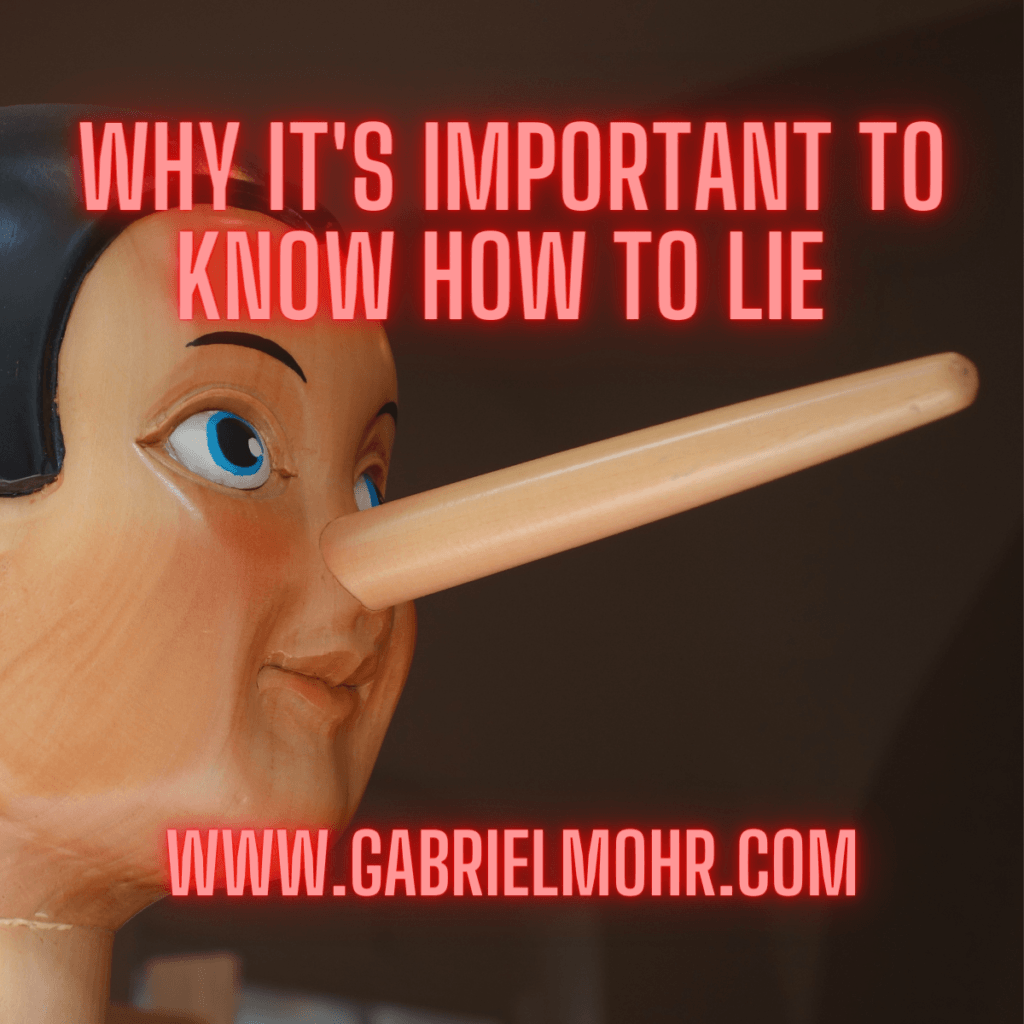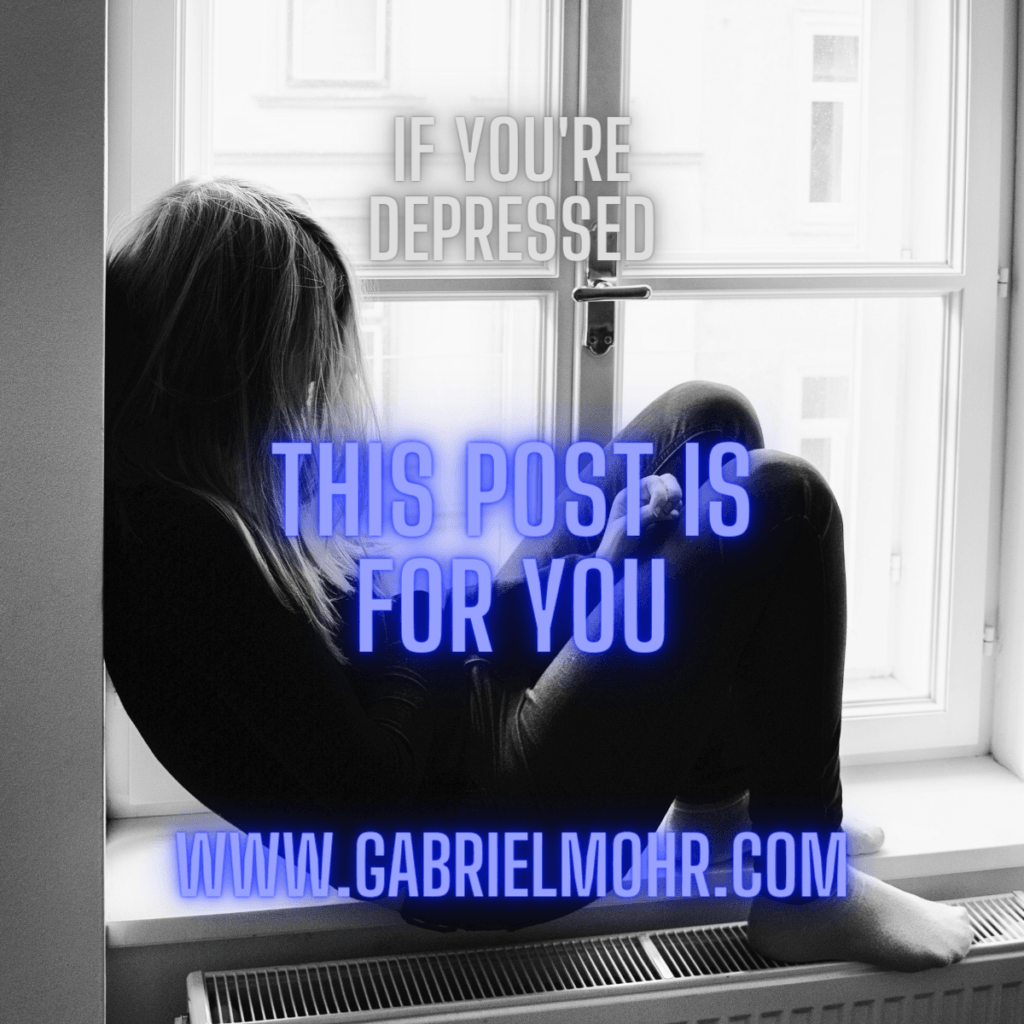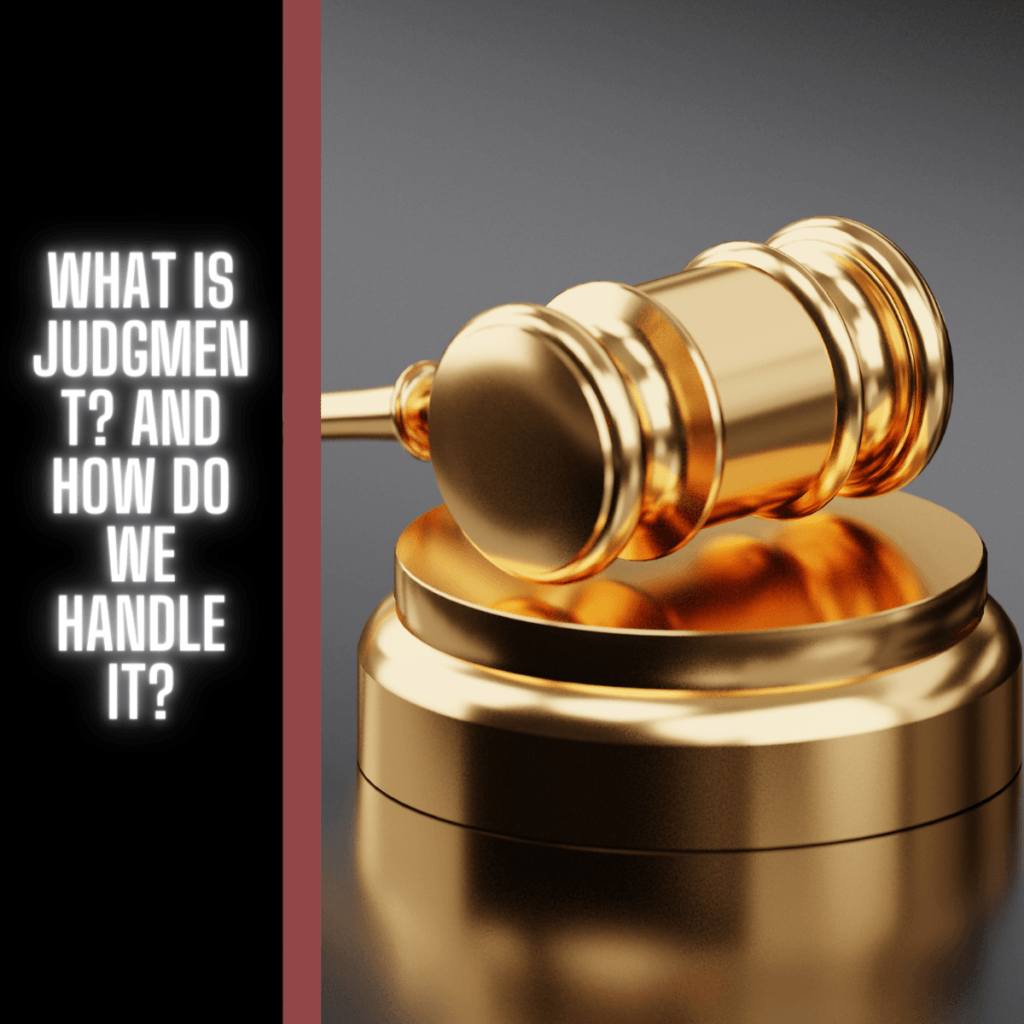
Quick Fact
-Knowing how to lie makes it easier to spot liars! It also makes it easier to catch yourself if you’re lying to yourself or others.
Intro
I’ve written a couple of posts that detail the benefits of being honest and telling the truth, but it’s come to my attention that learning how to lie can be just as beneficial for various reasons!
Since the apprehensiveness surrounding this subject is fairly high I’ll address the stigma first and continue from there!
The Stigma
Most of us automatically assume that lying is a bad thing and that we shouldn’t do it, ever. It hurts people, it destroys relationships, it kills businesses, and it’s overall a crummy thing to do… But, perhaps this statement isn’t the entirety of the truth.
What is lying? It’s when we don’t transcribe reality as it happened, is happening, or will happen combined with malicious/dark/low-vibrational intent. Why do people lie? Because they want to manipulate people and reality so that it works out in their favor. Why manipulate like this? Because they (usually) don’t understand that they can get what they need and want through positive, regenerative means and that these ways are better ways to achieve what they desire.
What I want to say is this; liars lie because they don’t know any better, they’re not very intelligent. They have low IQs and EQs, and the lack of intelligence is the primary reason for them to act this way. There are some liars who lie while they’re completely aware of everything they’re doing, but these kinds of people are few and far in between, they aren’t your normal everyday liar.
While we have this stigma around lying I encourage you to understand that people who don’t have VIP access to the mind lie because they don’t know any better. If they knew that getting what they want is easier when they’re genuine and honest they would probably become genuine and honest just so they could get what they want! So please, let’s not be too upset with people who lie, as hard as it may be.
Why Know How To Lie?
To me, learning how to lie is just as important as learning how to tell the truth. Yes, we can exist in a state of mind where we live and speak without consciously choosing to lie or tell the truth, however, I’ve found that learning how to do both feels much more meaningful than learning how to do neither and that it’s probably the same for you as well! Here’s why:
-Knowing how to lie is extremely helpful for spotting lies in real life! There are a lot of differences between a person telling the truth and a person who’s lying (if they aren’t trained) including a lower tone of voice, a flushed face, slumped shoulders and back, the general vibration they put off, and a lot more.
-Knowing how to lie can help you create your own reality, especially if you feel guilty for doing so. I remember many times when I wanted to change my subconscious thought patterns and start new beliefs (“I am confident,” for example) only to have a voice pop in my head and say, “stop lying about who you are.” I had to realize that if I ever followed that voice I wouldn’t have been able to create the incredible mental world I live in today!
-Ironically enough, knowing how to lie can help you tell the truth. After all, if you know what a lie is you’ll have a much better idea of what the truth is!
-Knowing how to lie can help you with acting. For the actors and actresses among us, being a good liar can translate into incredible acting skills, especially if your character is literally lying in your production!
-And last but not least, knowing how to lie can be extremely beneficial for integrating yourself. If you suppress the desire to lie it will come out in ways you don’t want it to. It’s much better to consciously learn how to lie, disidentify from the belief(s) that you need to lie (possibly the archetype that speaks the lies as well), and consciously integrate that energy into your personality so that you have much better control over it and can use it in the best possible situations.
How To Learn How To Lie
There are various ways to learn how to lie, but these are some of my favorites:
-Watching former CIA/FBI agents telling us what gives it away. I faintly remember watching this YouTube video and learning more than I wanted to know!
-Watching the best YouTubers playing Among Us! If you watch jacksepticeye’s Among Us videos in order you’ll see a transition from anxiety when he’s the imposter to an amazing actor who can do amazing plays and lie like he was telling the truth. Also, playing the game yourself works as well.
-Learning how to spot lies through body language, tone of voice, fluctuation of voice, and actions in particular. Once you know these things subconsciously change before/during/after you lie you can consciously control them and tell more effective lies!
Final Thoughts
It seems to me that the best application of effectively lying is telling jokes. For example, someone asks you if you ate the last cookie, and you respond with “noooooo, I would never…” in an exacerbated tone of voice, even if everyone already knows you did.
Also, this information is probably best suited for those of us who deal/have dealt with tyrants and narcissists since we can directly apply the knowledge as a filter to their behavior and act accordingly.
The one thing I don’t want you to do is take this information and simply use it for your own personal gain. If this is your plan I encourage you to disidentify from the beliefs that you need to lie to get what you need and want, as well as adopting a more positive energy. This will help you get what you want in a much more effective fashion!
Conclusion
Thank you for reading! This post was hard to write so I suspect it was hard for you to read, I commend you for keeping your mind open and looking at this stigmatized subject from a different perspective.
I’ll see you in the next post!



